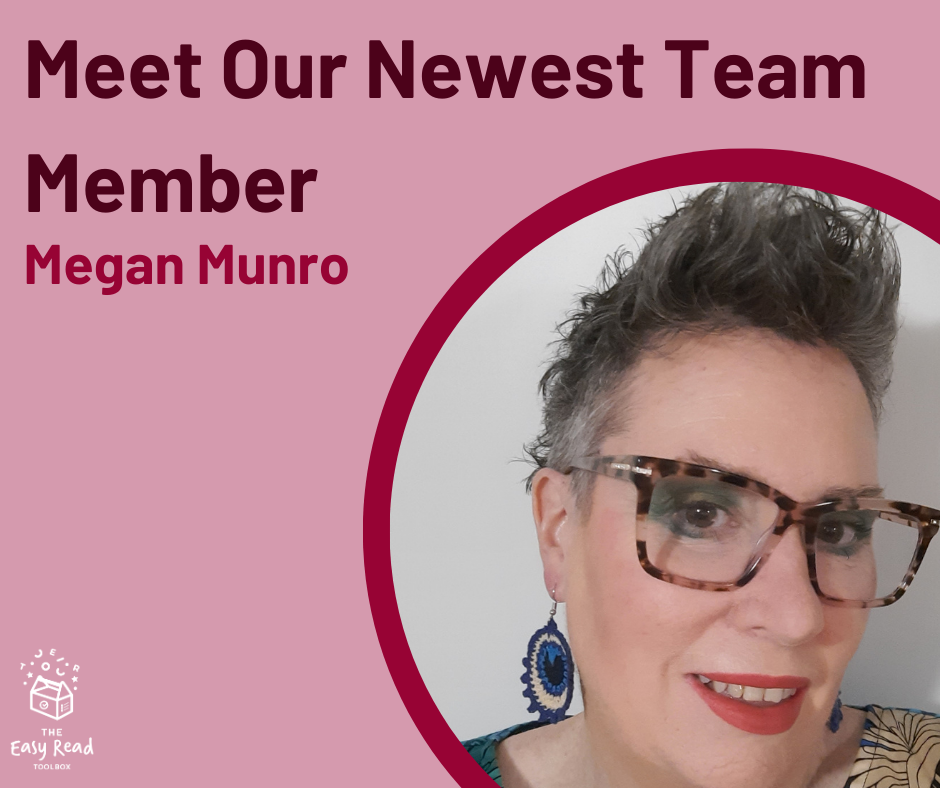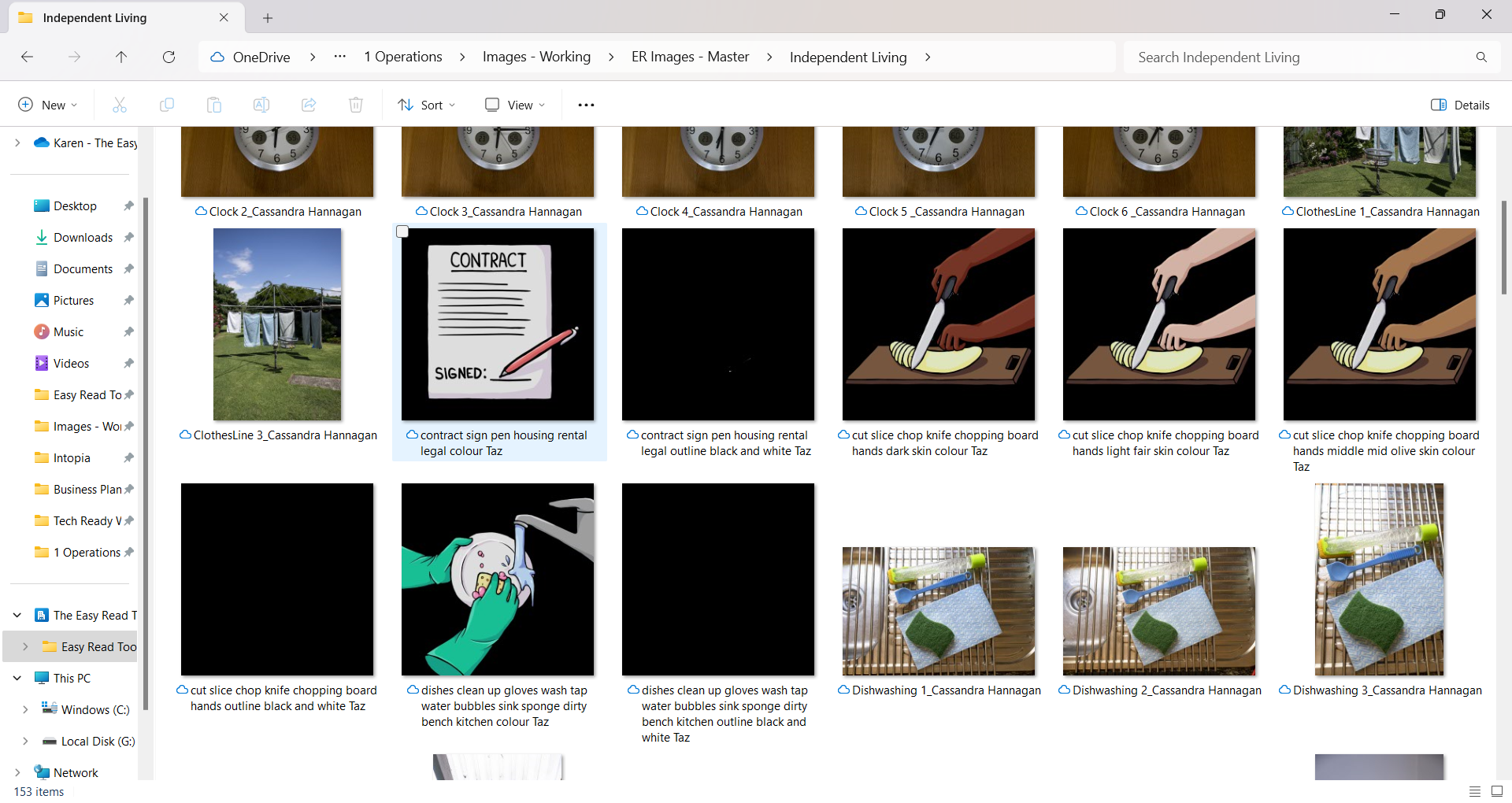Easy Read in Legal Setting
Legal Setting & Easy Read
Everyone deserves to have accessible legal aid available to them. However the complex language used by legal professionals sets limitations on people with low literacy skills or intellectual disabilities in having the ability to make their own fully informed legal decisions.
Typical legal documents are filled with legal jargon. Legal jargon is words and expressions that are predominantly used within the legal profession, which subsequently can make understanding legal documents difficult for the average client. However, this issue is exacerbated for those living with intellectual disabilities or low literacy skills. The use of complex legal language can be exclusive and may make understanding rights and obligations almost impossible for a large percentage of the population.
Many of the rules of legal writing are contrary to Easy Read guidelines. Easy Read writers avoid using jargon as often as possible, however the use of jargon in legal documents has become an industry standard. This can be attributed to the fact that complex legal terminology is used intentionally to convey a specific concept that is recognised industry wide. If a lawyer draws up a contract written in simple language, the contract will likely not provide the same legal coverage as a contract that includes standardised terminology. These potential gaps may cause doubt and leave a person liable in the case of a legal dispute over the contract.
Being able to understand legal documents in personal and professional settings is an important factor in being able to live independently. This is especially true of common documents, such as employment, rental contracts and within the justice system.
However, findings from the Australian Institute of Health and Welfare in 2018 prove that people with disabilities are overrepresented in Australian prisons. People with disabilities form 29% of prison population, despite being only 18% of the general population. In the face of this data, legal services are oftentimes still not provided in an easily comprehensible format to those who are already at a systemic disadvantage and may require the support the most.
Whilst many legal practitioners prioritise adjusting their language to suit their client’s needs, there is still a significant issue when it comes to communicating complex legal concepts to clients with low literacy skills. There are services available with the objective of bridging this crucial information gap, such as Legalese Decoder or similar software programs. Another solution could be requesting a summary of a legal document straight from a legal practitioner. Though a summary will likely not be legally viable or be in any way a substitute for reading the original document, it will provide a more accessible way for the client to understand what is in their legal documents.
The Easy Read Toolbox believes that everyone should have access to accessible legal aid. The legal industry must come to a solution to provide accessible information on legal documents that doesn’t sacrifice the integrity of legal documents themselves.
- Meg Sonsbeek
Junior Writer, The Easy Read Toolbox
Image by Cassandra Hannagan



Easy Read Made Easy - a social enterprise developed by and employing disabled people
LEARN MORE
The Easy Read Toolbox respects and honours First Nations Elders past, present and future. We acknowledge the stories, traditions and living cultures of First Nations Peoples on this land and commit to building a more inclusive and accessible future together.
All Rights Reserved | The Easy Read Toolbox


